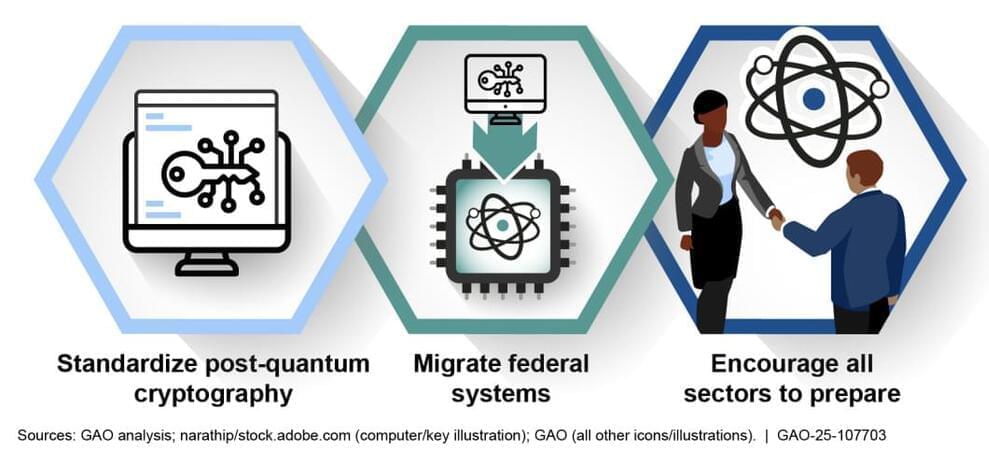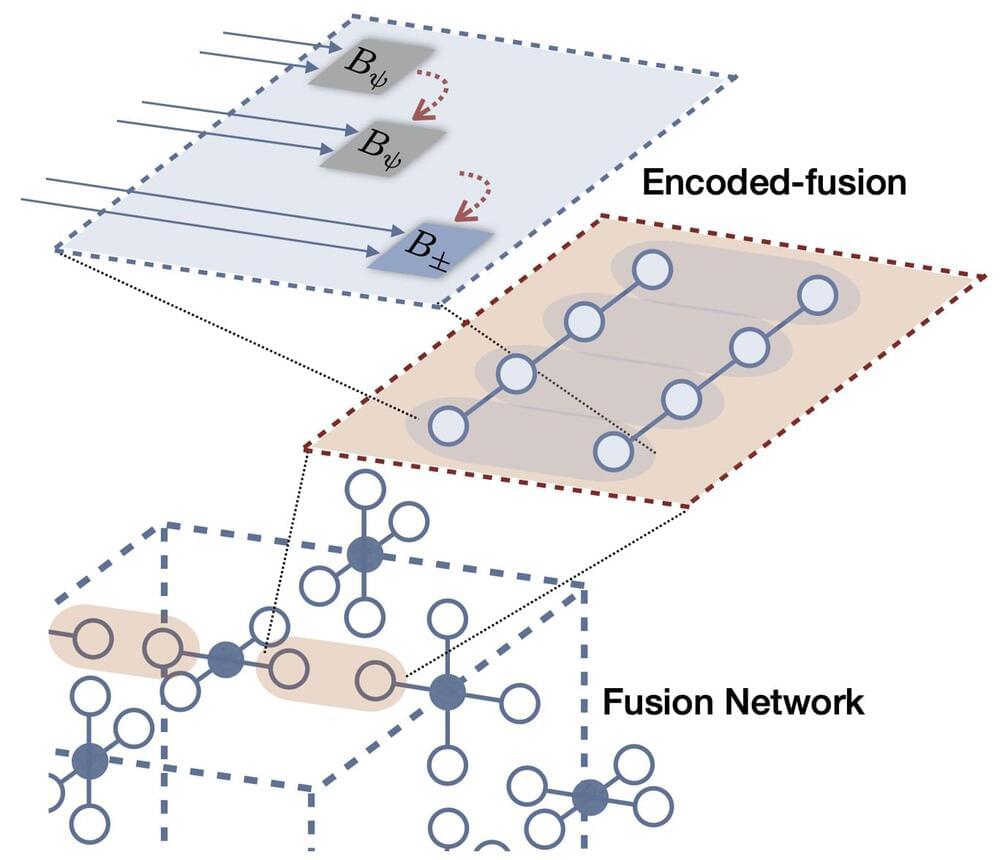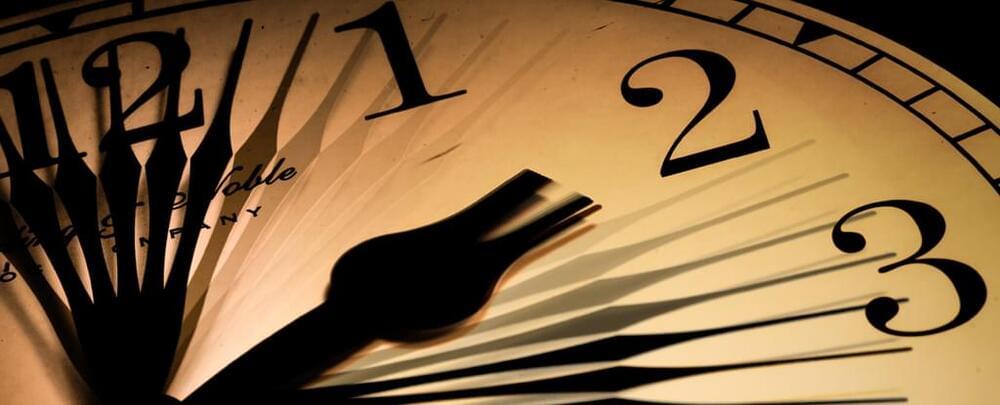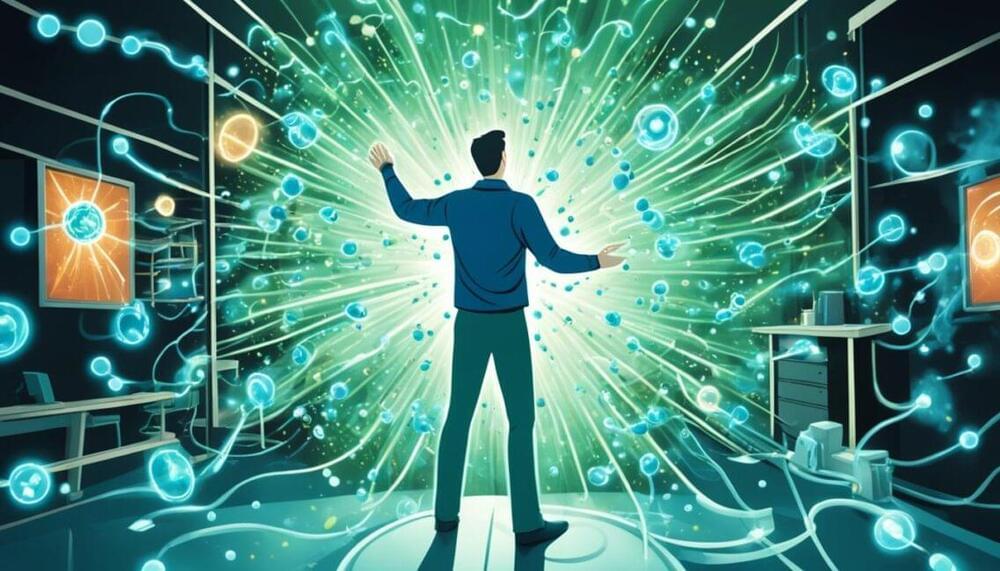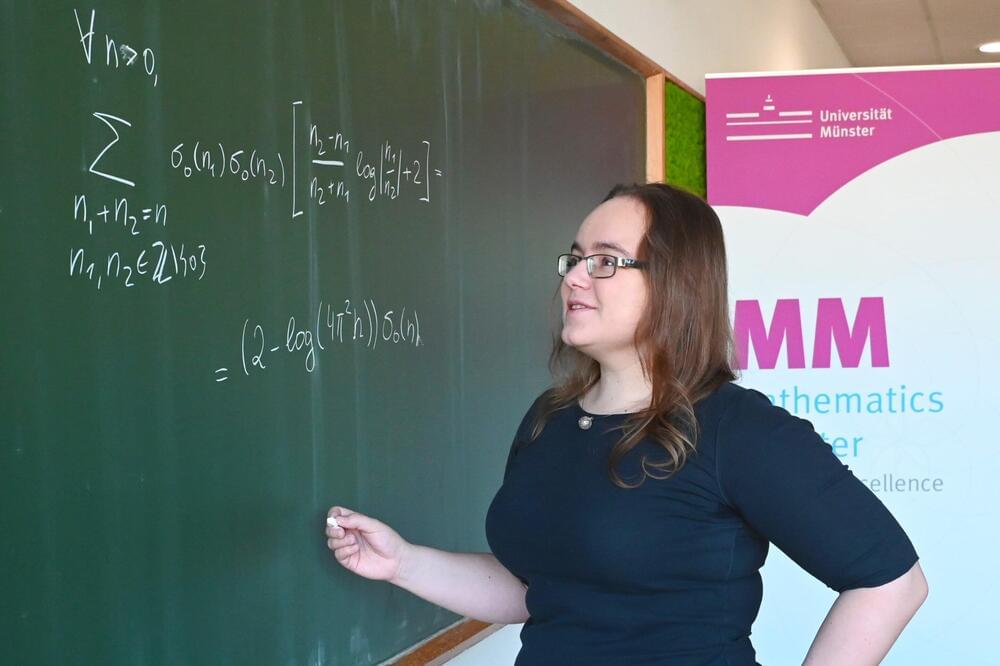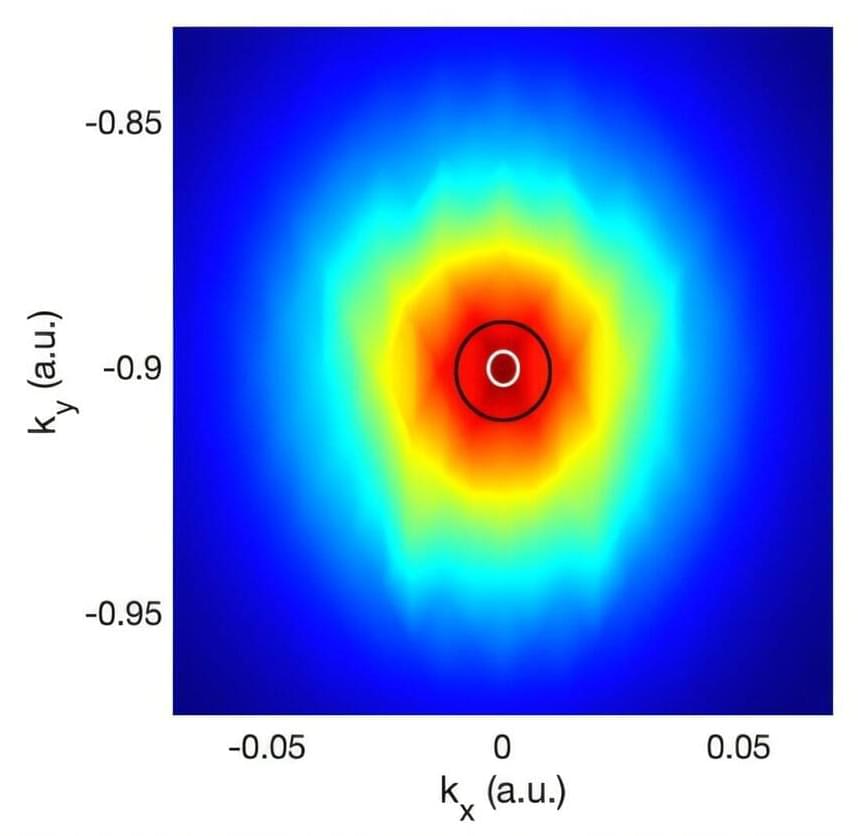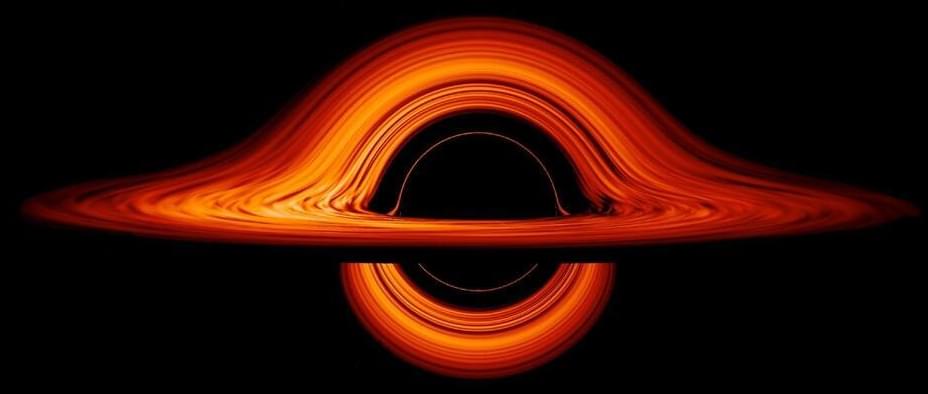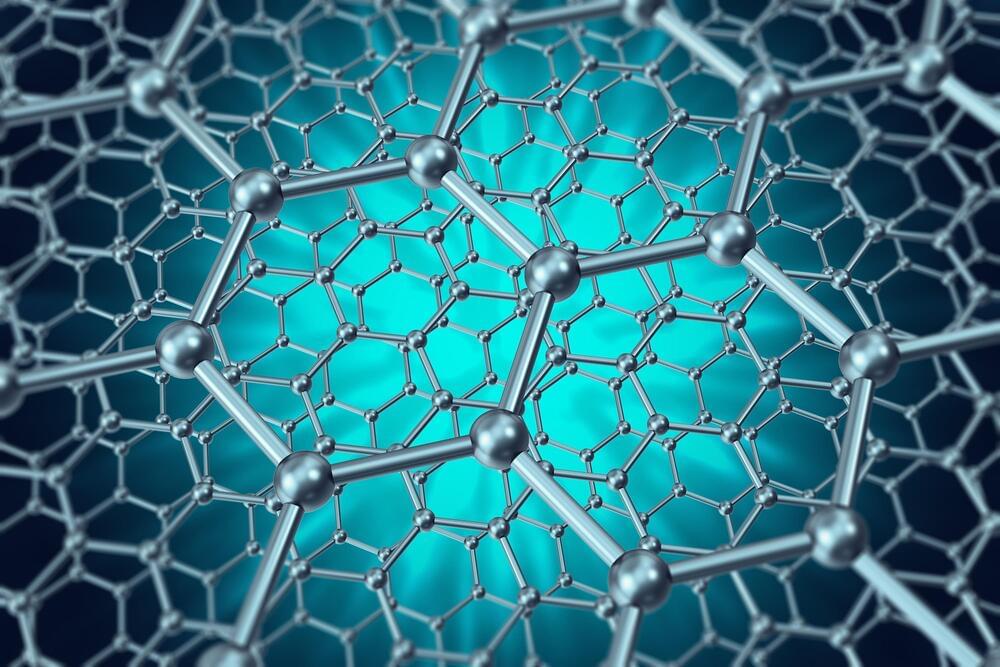Nov 24, 2024
Improving Army logistics with quantum computing
Posted by Shubham Ghosh Roy in categories: computing, quantum physics
Heeding those sentiments, the Australian Army is strategically investing in technological innovation to find better solutions to the complex logistics challenges they face in managing the efficient and safe deployment of personnel and equipment on the battlefield. For a difficult class of problems in an area called “optimization”, quantum computing is on the roadmap for exploration.
With the help of our quantum infrastructure software, they’ve now been able to test and validate a quantum computing solution on real hardware that promises to outperform their existing methods.

